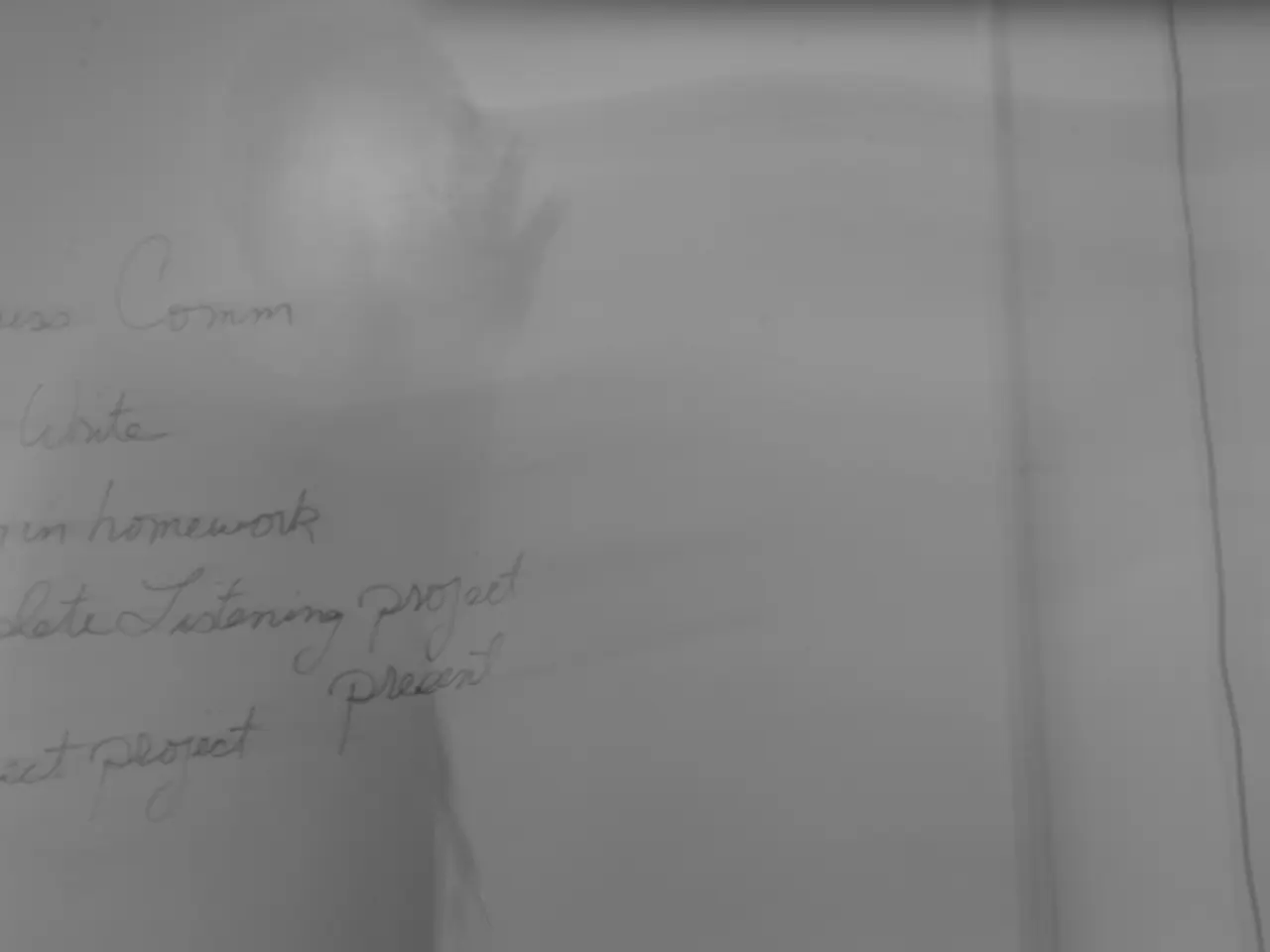Coalition in a State of Disarray Following Judicial Dispute, According to Steinmeier - Coalition post court spat deemed "compromised" by Steinmeier
The Federal Constitutional Court in Germany is currently grappling with a delay in filling three vacant judge positions, a situation that could potentially impact the authority and functionality of the court. The Bundestag, responsible for filling these vacancies, has been unable to reach a decision due to political tensions between the Social Democratic Party (SPD) and the Christian Democratic Union/Christian Social Union (CDU/CSU) bloc.
The crux of the dispute revolves around the SPD's nominee, Frauke Brosius-Gersdorf, whose views on abortion and human dignity have been contentious. The CDU/CSU has expressed doubts about Brosius-Gersdorf due to alleged plagiarism and her views on abortion, which they perceive as too liberal.
The political disagreements have been further intensified by the intervention of two Bavarian bishops, who have publicly criticized Brosius-Gersdorf's stance on human dignity, suggesting such views disqualify her from the position.
The election of judges requires a two-thirds majority in the Bundestag, a requirement that has been difficult to achieve due to the political divisions.
While there is no direct information about President Frank-Walter Steinmeier's specific concerns, the implications of these delays could affect the stability and function of the Federal Constitutional Court. The Court plays a crucial role in ensuring constitutional compliance, and prolonged vacancies could impact its effectiveness. Additionally, as the President formally appoints the justices, any political gridlock could reflect on his ability to carry out this constitutional duty efficiently.
In general, political tensions and delays in filling judicial positions can lead to concerns about the integrity and efficiency of the judicial system. As the head of state, President Steinmeier would likely be interested in seeing these issues resolved to maintain public confidence in the government's ability to function effectively.
However, Steinmeier has expressed that he does not believe the delay damages the Federal Constitutional Court if decisions are made soon. The Court, he emphasized, is still functioning despite the delay in filling judge positions.
This issue was reported by ZDF, a German television network, on Sunday, following the Bundestag's scheduled decision on the replacement of three judges at the Federal Constitutional Court on Friday. The events suggest that the delay in filling the judge positions at the Federal Constitutional Court is a significant issue, according to Steinmeier. If decisions are not made soon, he expresses concern about the authority and functionality of the Federal Constitutional Court, the highest court in Germany.
In the heart of politically charged debates, the Bundesrat, tasked with filling vacant judge positions at EC countries' Federal Constitutional Court, finds itself in a staunch stalemate, primarily due to disagreements over proposed candidate, Frauke Brosius-Gersdorf. This standoff in policy-and-legislation could potentially jeopardize the court's authority and functionality, impacting its role in enforcing general-news-related constitutional compliance. Additionally, delays in filling these positions might suggest inefficiencies in the judicial system, a concern that could potentially affect public confidence in the government's ability to function effectively.







